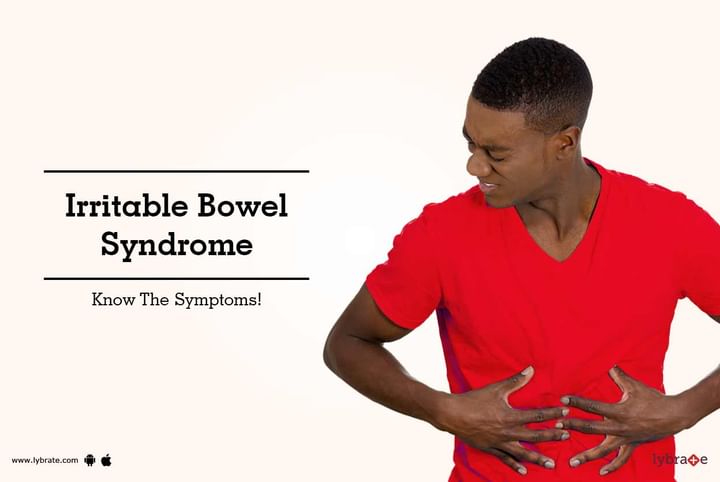Irritable Bowel Syndrome - Know The Symptoms!
Irritable bowel syndrome is a disorder, which generally affects the colon (large intestine). It usually show symptoms like abdominal pain, cramping, bloating, diarrhea, gas and constipation. IBS is a long term condition. It can result in sudden mood swings, depression and thus holds you back from living your life to the fullest. IBS can be controlled by managing lifestyle, stress and managing your diet. Medication and counseling could also be required to manage IBS.
Symptoms of IBS:
- Immense cramping and pain.
- A feeling that your belly is bloated all the time
- Severe gas
- Alternating and sudden bouts of constipation and diarrhea.
- Presence of mucus in the feces.
When should you consult a doctor for IBS?
IBS is not a chronic disorder and can be controlled by home remedies. It may also require medical treatment if the symptoms become acute and persist for too long. If you experience certain symptoms like rectal bleeding, weight loss and heavy abdominal pain that might increase at night, you may be at a risk for colon cancer. If such symptoms persist, you should visit a doctor as soon as possible.
Causes of IBS:
- Foods: Most people are susceptible to IBS if they consume foods like spices, fats, fruits, cabbage, beans, broccoli, cauliflower, carbonated beverage, milk or alcohol. These foods irritate the lining of the stomach and trigger IBS. However, the trigger may vary from person to person.
- Stress: Signs and symptoms of IBS can also increase if you are very stressed out. Stress makes your muscles too worked up and this may result in IBS. However, you should know that stress aggravates or triggers the symptoms but doesn’t cause IBS.
- Hormones: Women are more likely to develop IBS. Fluctuations in the hormonal cycle can trigger IBS. This usually occurs around or during menstruation.
- Other illnesses - Sometimes illness such as gastroenteritis (infectious diarrhea) or bacterial overgrowth in the intestines can trigger symptoms of IBS.
- Age: You will be more likely to develop IBS if you are 45 years of age or above.
- Hereditary: People having a family history of IBS are more susceptible to develop IBS.
- Mental problems: Depression, personality disorder, anxiety and a history of sexual abuse can also trigger symptoms of IBS.
In case you have a concern or query you can always consult an expert & get answers to your questions!



+1.svg)
